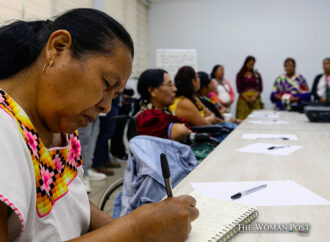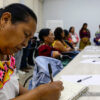While Europe already has rules in place against harassment to defend individuals' rights to privacy, data protection, and non-discrimination, the social media debate is now reaching Latin America.
Is it possible to regulate social media and protect users' rights to security, privacy, non-discrimination, and a life free of harassment? According to Uruguayan professor Gustavo Gómez, Executive Director of the Latin American Observatory of Media and Convergence Regulation, the answer is yes.
"Yes, it is possible, and other questions arise such as: why shouldn't it be possible if it is a relevant sector of the economy that enables the development of rights, work, or commerce? Which digital platforms? This depends on each service, as they vary greatly in content, rights, and other factors. It is not possible to regulate the internet as a whole, and it is important to focus," he stated.
Read more content like this at: thewomanpost.com
During the forum "Digital Platforms: Uses, Regulation, and Circulation of Meanings," organized recently by the Center for ICT Thought, New Media, and Digital Divide at the National University of Colombia, experts in digital platform regulation, freedom of expression, anti-harassment policy and the creation of meanings and imagery on social media emphasized the need for regulation and shared experiences from other Latin American countries.
"At the moment, there is no debate about whether Facebook, Twitter, or Google should be regulated. This can be seen in the discussions taking place at UNESCO to produce a guide on how to regulate platforms. In South America, we are behind in this debate compared to Europe, so there is a need to work more deeply on the issue," added Professor Gómez.
Whom should be regulated? According to the expert, "most of the proposed bills in the region focus on the user, the citizen, which is relevant due to cases of censorship of freedom of expression, diversity of opinions, or harm to democracy, among other issues. However, serious consideration should also be given to the owners of these platforms, who are enormous international corporations capable of deciding what is seen and what is not."
You Can Also Read The Women with the most followers on TIK TOK
Advancements in the Region
Several countries in the region already have robust regulations against piracy, cybercrime, protection of user information, protection of minors under 13, and identity theft, and it is assumed that these regulations should be extended to protect social media users of harassment. However, the existing legislation needs to be detailed, as is the case in Mexico, Argentina, and Brazil.
"It is important to question the role that social media still plays as a source of information dissemination. Let's remember that in countries like Colombia, there are no local media outlets in 300 municipalities, and in another 300, there are media outlets that do not produce local information. Social media somehow fills these gaps," said Jonathan Bock, Director of the Foundation for Press Freedom (FLIP).
"Looking at the Colombian legal framework, there are no institutions or legal developments that define what is understood by 'hate speech' in digital environments or that monitor content. However, there have been practices such as the cyber patrolling that occurred during the 2021 strike, which involved irregular activities by officials and security forces categorizing what they considered as false or true regarding their image," added Bock.
Alejandra Arenas from the Regulatory Commission of Communications (CRC) believes that the discussion should focus on changes in users' options for device usage. "Since 2016, we have observed a decrease in the use of mobile telephony, with greater importance given to voice and written messaging on social media. Additionally, the increase in streaming platforms compared to analog television and radio consumption is undeniable, and this is influenced by the age differences of users."
Professor Armando Silva from the Institute of Communication and Culture Studies (IECO) at the National University of Colombia spoke about the understanding of social media during the pandemic, where contagion was not only due to the biological virus but also the digital one.
"During the pandemic, it became evident that the imagined surpasses the real and that there are three levels to consider: (i) the biological level, which is the actual virus, (ii) the level imagined by society, which is constructed, and (iii) the media level, where fear becomes present. Social media is a medium for the expression of discourses, and its speed should be approached with caution," he expressed.
The Progress of the EU
In late 2020, the EU reached a political agreement on the Digital Services Act (DSA), which includes rules that require major tech companies to assess and manage systemic risks present in their services, such as hate speech and the spread of misinformation.
The measures include annual independent audits and access to platform data and information about the "black boxes" of their algorithms to ensure a higher level of scrutiny and accountability.
This move aimed to curb the unchecked power of large tech companies and ensure online environments that are more respectful of human rights for users, as explained by Claudia Prettner, Legal Advisor and Policy Advisor at Amnesty Tech.

























Leave a Comment
Your email address will not be published. Required fields are marked with *